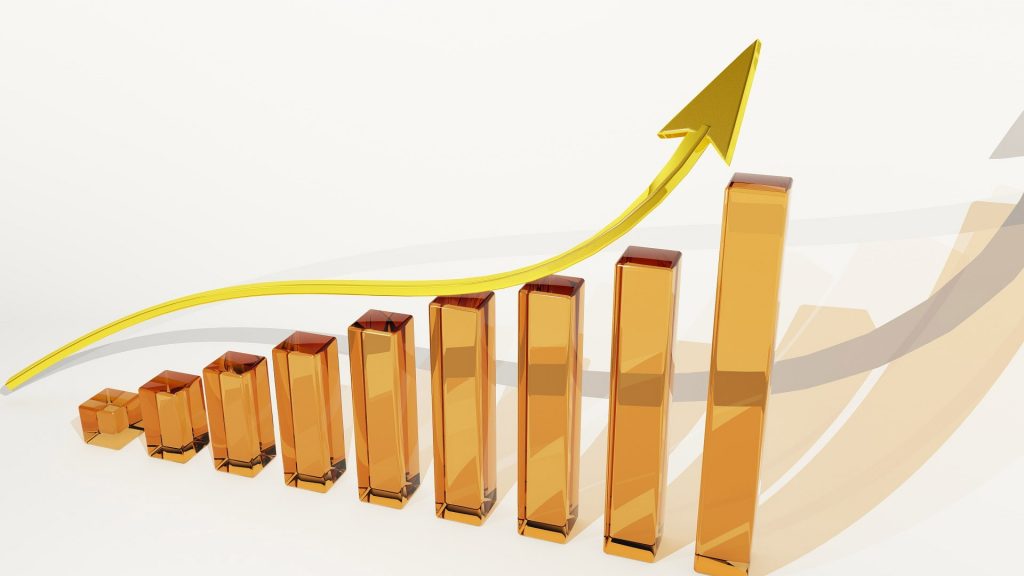Types of Mutual Funds
Mutual funds come in various types, categorized based on investment objective, asset class, structure, and risk. Here’s a complete overview: Types of Mutual Funds Based on Asset Class Type Description Example Equity Funds Invest mainly in shares/stocks. Higher return, higher risk. Large Cap, Mid Cap, Small Cap, ELSS Debt Funds Invest in fixed-income instruments (bonds, debentures). Lower risk. Liquid Funds, Short/Long-Term Bonds Hybrid Funds Mix of equity and debt for balanced growth. Balanced Advantage Fund, Aggressive Hybrid Money Market Funds Invest in short-term money market instruments. Very low risk. Treasury bills, CPs, CDs Commodity Funds Invest in commodities like gold. Gold ETFs International Funds Invest in global markets. US Equity Fund, Global Tech Fund Based on Structure Type Description Open-ended You can buy/sell units anytime. No fixed maturity. Close-ended Fixed maturity. Buy only during NFO (New Fund Offer). Interval Funds Combine features of open and closed funds. Available at intervals. Based on Investment Goals Type Purpose Lock-in Period ELSS (Equity Linked Savings Scheme) Tax-saving under Section 80C 3 years Retirement Funds Long-term goal with tax benefits 5 years or retirement age Children’s Fund Saving for children’s education/marriage 5 years or until child turns 18 Based on Market Capitalization (Equity Funds) Fund Type Market Cap Focused On Large Cap Fund Top 100 listed companies Mid Cap Fund Companies ranked 101–250 Small Cap Fund Companies ranked 251+ Multi Cap Fund Invest across all 3 segments Flexi Cap Fund No restriction, fund manager chooses freely Other Specialized Funds Type Description Sectoral/Thematic Funds Invest in specific sectors like IT, Pharma, ESG, etc. Index Funds Mirror a stock market index (like Nifty 50). Passive fund. Fund of Funds (FoF) Invest in other mutual funds. Exchange-Traded Funds (ETFs) Traded like a stock on exchange.
Types of Mutual Funds Read More »



